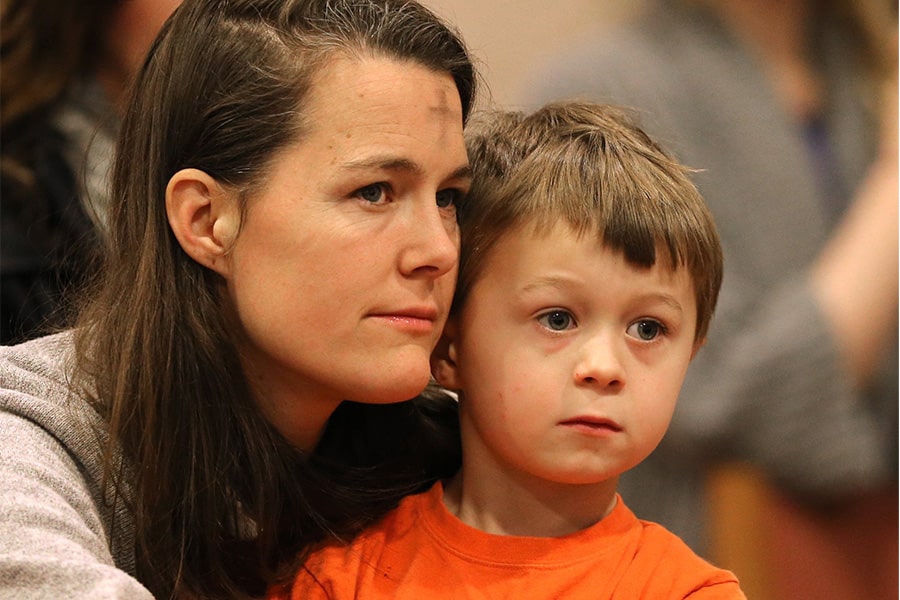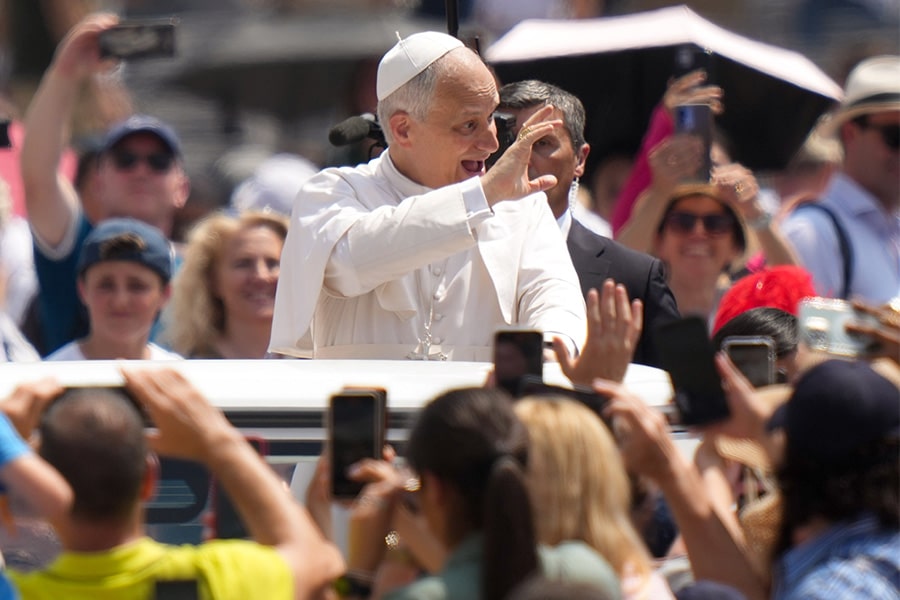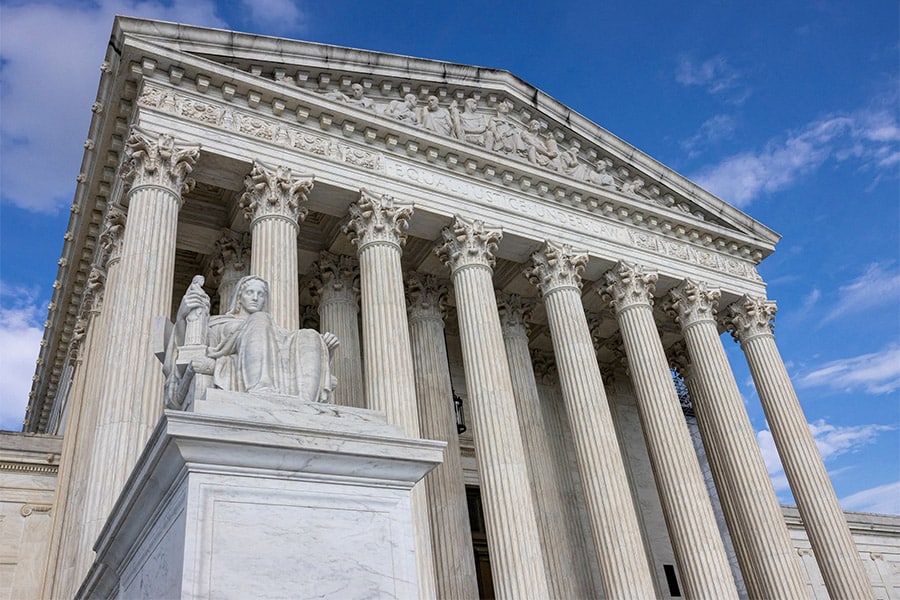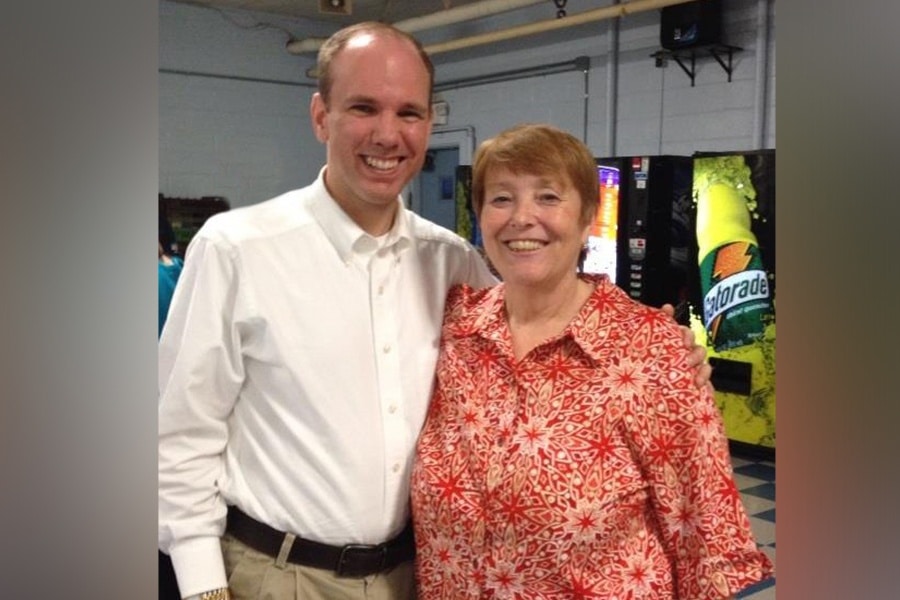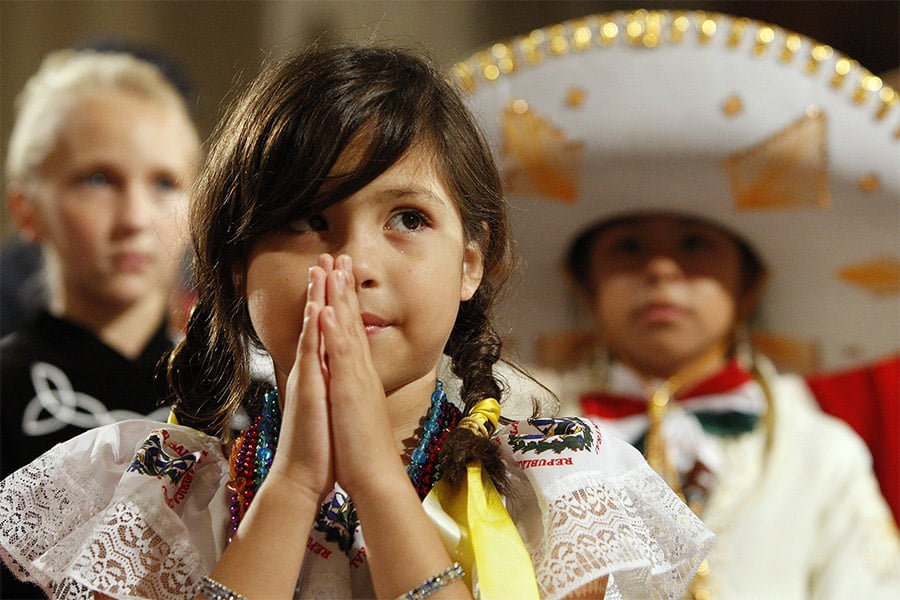Throughout this year’s Easter season, I found myself drawn to the narrative of the story of the two disciples who encountered Christ on the road to Emmaus. This familiar Gospel narrative can serve as an instructive aid for us in understanding the importance of this month’s eucharistic word: remembering.
The Eucharist is an exercise in remembering — after all, we speak of the Eucharist itself as a memorial. Central to our very gathering is remembering God’s saving action. The past is not really the past because we remember. As the Catechism of the Catholic Church states, “In the liturgical celebration of these events, they become in a certain way present and real” (CCC 1363).
But back to Emmaus. It’s important to note, first, that for the two disciples walking along, the memory of God’s saving action — especially his passion, death and resurrection — is brought about by Christ himself. This reminds us that any time we read the Scriptures or hear the Word of God proclaimed to us, we encounter the Word who is Jesus Christ. And Luke’s narrative states, moreover, that Jesus showed the meaning of the Scriptures in relation to himself. And this experience is extended through the ministry of the Church.
These points are put more eloquently by St. Augustine, who taught that “the same Word of God extends throughout Scripture, that it is one and the same Utterance that resounds in the mouths of all the sacred writers” (CCC 102).
Second, like the two disciples on the road, we keep alive this memory in our hearts so that we might more effectively receive this Word and find in it the path to life. “Were not our hearts burning (within us) while he spoke to us on the way and opened the scriptures to us?” (Lk 24:32).
Scripture can at times be taken for granted or considered secondary to the sacrament of the Eucharist. But in reality, Scripture is constitutive to the celebration of the sacrament. The very Word made flesh (see Jn 1:14) continues to satisfy our burning hearts not only by his body but also by his Word, which the Second Vatican Council’s Constitution on the Word of God (“Dei Verbum”) calls the “food of the soul” (21). Christ fed the two with his body to complete what was begun by feeding them with his Word.
Third, it was the living memory of God’s saving action that caused the disciples’ hearts to burn within. By the power of the Holy Spirit, this same living memory is made present in the church’s liturgy. The fruits of this work of the Spirit is manifested in the two disciples’ lives, for they were unable to keep this experience to themselves, but instead immediately were moved to share it. And the Church still remembers and cherishes it.
Like what we find in the witness of the two travelers, the Scripture is proclaimed so that it may be “received and lived” (CCC 1100). If our Eucharistic gathering — if our remembering — is to bear its proper fruit, the memory of God’s Word must prove to be “living and active” (Heb 4:12) in our lives.
As the memory of God’s saving action is made present at each Eucharist, those who celebrate the sacred mysteries and remember them are invited anew to open their lives to the transformation only the Eternal Word can accomplish. Like the two on their way to Emmaus, we have the means to experience the Risen Christ in Word and Sacrament. Let us pray to have even a small share in their wonder and awe. As we remember Christ’s love for us, by the power of the Eucharist we celebrate, may we accept the invitation to also allow the Word made flesh to be present in and through our lives. Otherwise, what is the point of remembering?
Read More Commentary
Copyright © 2023 OSV News


